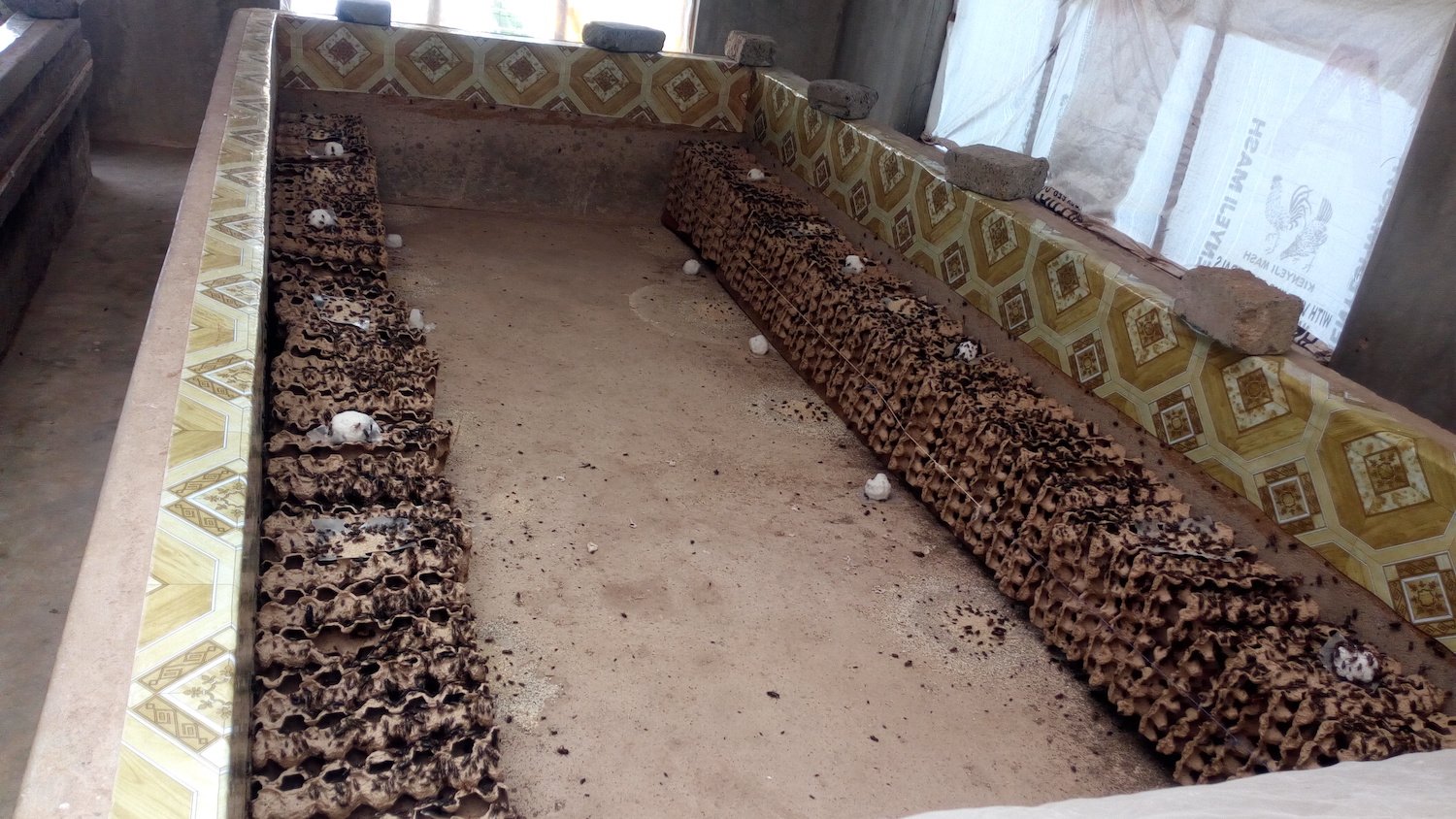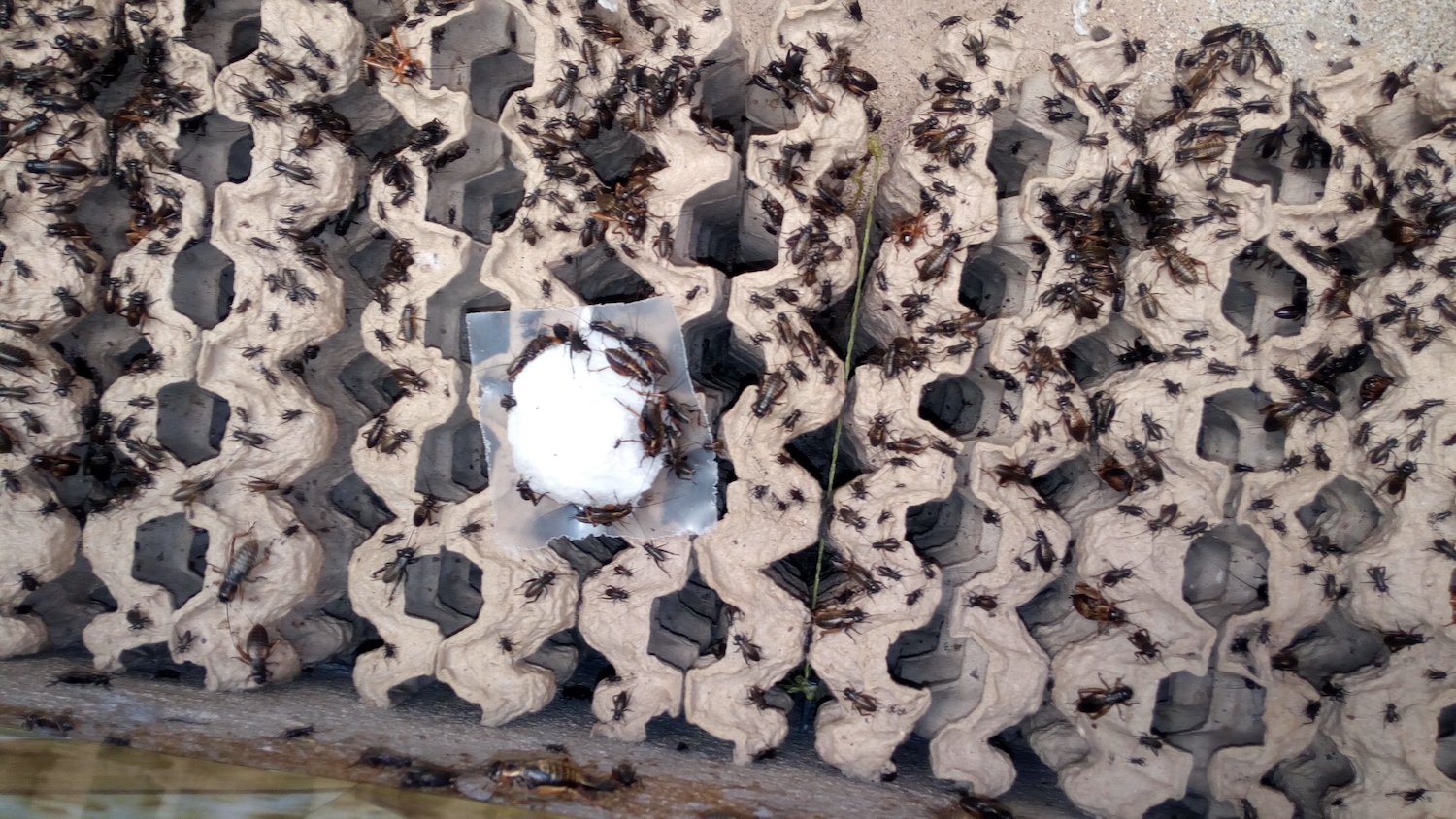By Teddy Odindo and Jack Ayieko
With a growing world population and increasing demand for food coupled with the limited amount of agricultural land, there is need to find alternatives to conventional livestock protein.
Insects present one of the most viable sources of human food and animal feed worldwide.
In many African countries, edible insects are widely harvested from nature. However, overexploitation, habitat changes and environmental contamination through the use of chemicals and pesticides threaten this important food resource.
What is Insect Farming?
Insect farming is the practice of raising and breeding insects as livestock. Insects may be farmed for the commodities they produce like silk, honey, lac or insect tea.
They can also be bred and consumed as food, as animal feed and as a source of dye, among others. Insect farming has the potential to lessen the impact of the changing climate.
It presents a viable means for improving agricultural outcomes for smallholder farmers, reducing greenhouse gas emissions, increasing food security and reducing malnutrition especially amongst vulnerable populations.
The Gap
Despite the emerging interest in insect farming, there is a lag in the skill set and technologies needed by smallholders and agripreneurs to improve outcomes in insect farming.
The gap exists because key ingredients are missing: information, technologies, capacity and access to markets. Cultural misconceptions about consuming insects for food also require active education and behaviour change for successful adoption.
Our Solution
Eco-Frontier Climate-Smart Agriculture Resource Center is a one-stop technology, information, learning and demonstration center for insect farming technologies and practices.
Eco-Frontier is built on the belief that there is a critical need for products and services aimed at conserving the environment, tackling climate change and improving food security and livelihoods.
The center is located in Kisumu County Kenya, which is emerging as a highly impacted-by-climate change hotspot. The county performs below the national average on most socio-economic indicators. While the majority of the population derives their livelihoods from fishing and agricultural activities, poverty
is prevalent in the county and manifests itself in other socio-economic outcomes such as poor nutrition, health and education, as well as a lack of access to basic services.
The main sources of livelihood in Kisumu, smallholder agriculture and fishing, are significantly sensitive to climate change. Unemployment is also a major challenge in the county, especially among the youth. EcoFrontier responded to the needs of smallholders by investing in tested and proven approaches to improving insect farming outcomes as a climate change adaptation strategy.
Sustainability
As a social and environmental enterprise, Eco-Frontier has always had a strong social dimension. Very early we recognised that our responsibility to smallholder farmers extends beyond that of securing immediate financial benefits. That is why we have made our centre open to the wider community.
We, however, work with a few select farmers to promote insect farming and link them to technologies and markets.
Teddy Odindo and Jack Ayieko are Directors and co-Founders, Eco-Frontier Kenya.


